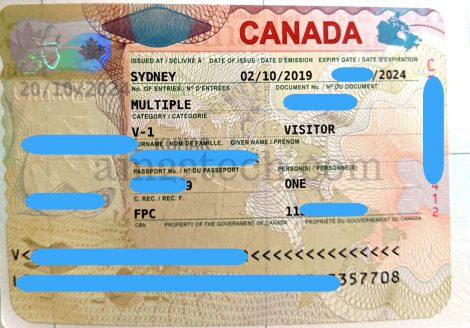Canada Employment Issues
> Business > Articles
Canadian Employment Issues
DISCLAIMER The information provided here is of a general nature and may not apply to any specific or particular situation. It is not to be considered as a legal advice nor presumed to be indefinitely up to date.
At some point in the growth of the business, entrepreneurs will have to hire and terminate employees. Employment in Canada is heavily regulated, governed by either federal or provincial legislation. Most employers are covered by provincial legislation. Federal employment laws apply only to industries within the federal government's jurisdiction. Those include banks, shipping, railways, airlines, interprovincial or international trucking, broadcasting, and telecommunications. The employment relationship is subject to a number of Federal and provincial employment laws that provide minimum standards with respect to such issues as minimum wage, maximum hours of work, overtime pay, maternity leave, holidays, and severance pay. Employers are prohibited from contracting out of those minimum standards. Start ups need to comply with these regulations and balance the company's needs with the rights of employees. 1. Government Sponsored Plans Health Insurance All provinces provide comprehensive schemes for health insurance. The plans provide for necessary medical treatment, including doctors' bills and hospital stays. They don't replace private disability or life insurance coverage. The provincial health insurance plans vary in how their revenues are collected. In some provinces, employers must pay premiums, while in others, individuals pay premiums. In some provinces, the entire cost of health insurance is paid for from general tax revenues. Employment Insurance Employees and employers both must contribute to the federal Employment Insurance Plan. It provides benefits to insured employees who lose their jobs. It also provides income replacement benefits when employees take a maternity or parental leave. Canada Pension Plan This federal plan provides pensions for employees as well as survivors' benefits for dependent children and spouses of deceased employees. All employees and employers, except in the province of Quebec, must contribute to the plan. The province of Quebec has a similar pension plan that also requires joint contributions. 2. Anti Discrimination Laws Start up companies should proceed cautiously during the hiring and screening process. Canada has pro active employment and pay equity laws aimed at effectively redressing the substantial inequalities facing women, racial minorities, persons with disabilities, and aboriginal peoples. The federal government and each province have passed statutes that restrict employers' ability to discriminate among employees based upon race, sex, religion, national origin, age, or physical disabilities. The main thrust of Canada's proactive equity laws has been to require employers and trade unions to jointly take pro active steps to identify and redress systemic discrimination in recruitment, treatment, compensation, promotion, and retention of employees who have been historically disadvantaged in the workplace. The federal government also requires that individuals receive equal pay for equal work regardless of their sex. In determining the meaning of "equal pay" and "equal work," courts consider such factors as seniority, merit, and quality or quantity of work as legitimate factors in compensating people of different sexes differently. Canada's pay equity laws all apply to the public sector and almost all also apply to the broader public sector and crown corporations. Legislation in Ontario, Quebec and in the federal jurisdiction applies to much of the private sector as well. Most require comparisons between male and female dominated occupations defined as those in which one sex holds either sixty or seventy percent of the jobs. All define value in terms of skill, effort, responsibility, and working conditions. In several jurisdictions, the method of comparison is not prescribed, although the call for job comparisons that are free of gender bias is found in several jurisdictions.

